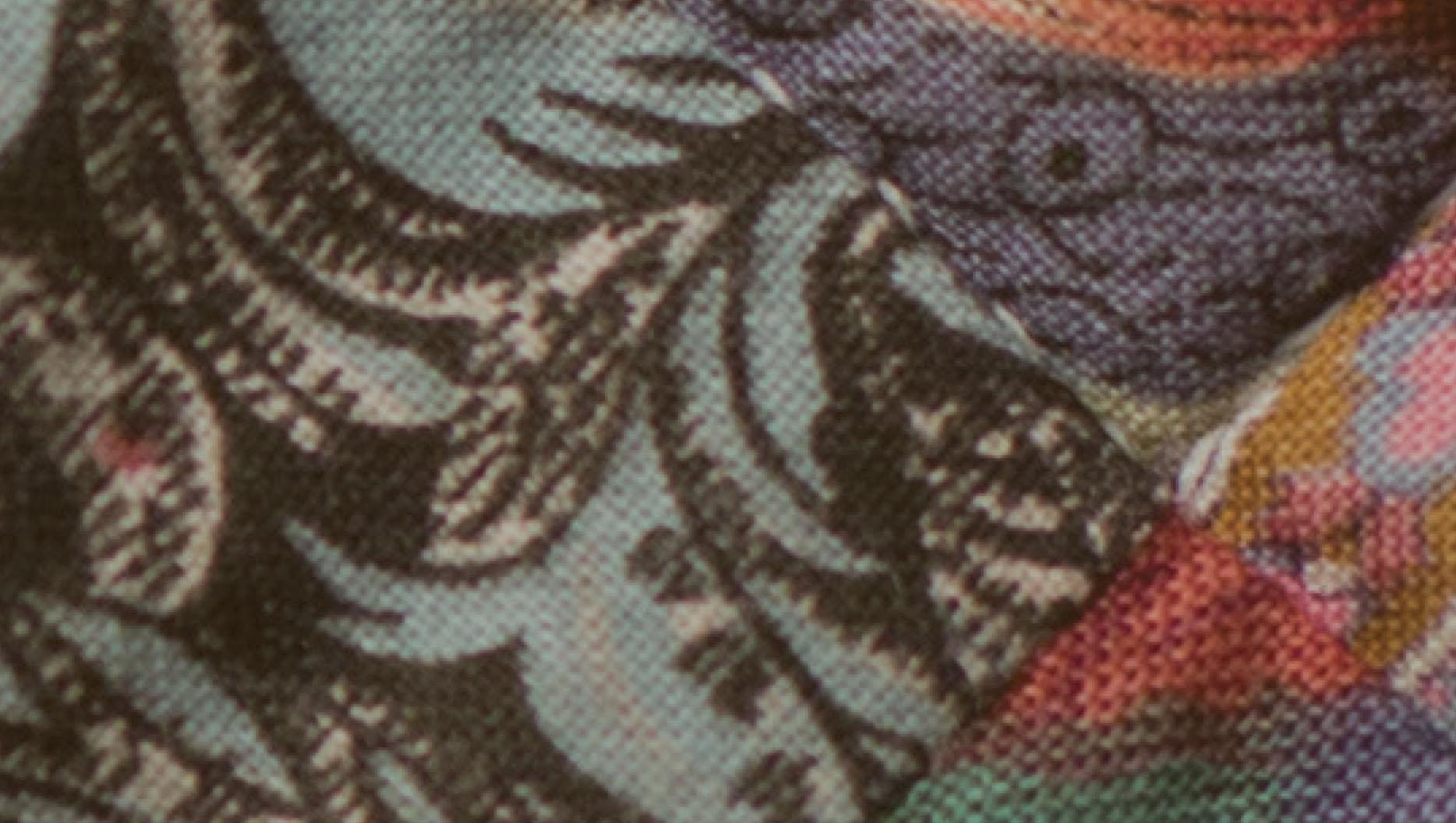Christianity scandalizes the world. The cross offends (1 Cor 1:23). But as the world changes, the cross shocks in different ways. To the Greeks, the idea that a dying man could save the world was foolishness. For the Jews, death on the cross was cursed by God. In medieval times, the idea of total forgiveness through the cross without meritorious works was unbelievable. To the modern man, it is simply irrational and unprovable.
In this postmodern age, there is a new scandal: the exclusivity of the cross of Christ. Salvation through the gospel may be a way; it may be your way; but it surely cannot be the only way. John 14:6 is the shocker: “Jesus said to him, ‘I am the way and the truth and the life. No one comes to the Father except through me.’” If, as one writer says, “Today the only intolerable sin is intolerance,” this claim of our Lord puts him in the same category as an Islamic fundamentalist bent on establishing a theocratic world.
Tolerance and religious pluralism made some sense in a modern world where rationality ruled and scientific truth would always win out. The free exchange of ideas would eventually lead to enlightenment and consensus.
But in a postmodern world without any overarching religious or secular truth, tolerance is merely a means to inclusivism. No one should express any idea that would make another feel unaccepted or offended since all ideas are equally valid.
This perspective has built up momentum since 9/11. Generic prayers in interfaith memorial services (where Christians must never say “in Jesus’ name”), political speeches that anoint Allah, Jehovah, and Jesus as the new trinity, and the excising of violent passages from both the Koran and the Bible all aim to remove “the scandal of particularity.”
What should the Christian think about this “all-roads-lead-to-heaven” world? Let me suggest that it presents not only daunting challenges but also unique opportunities.
First, it provides the opportunity to practice our tolerance. A quick glance at church history indicates that Christians are often better at drawing lines than building bridges, better as combatants than as peacemakers. The exclusivism we practice is often as much an attempt to protect the peculiarities of our own theological distinctives, style of religious community, or individual personality as it is the “scandal of the cross.” Contemporary pluralism forces us to think more seriously about how to “speak the truth in love,” “love your neighbor as yourself,” and “pray for those who despitefully use you.” Graciousness, kindness, and compassion can knock down many walls.
Second, contemporary pluralism forces us to see ourselves as others see us (a difficult but essential discipline for all ministry dialogue). For example, we may insist (rightly) that tolerance does have its limits. I will not tolerate my neighbor’s belief structure if, in the name of his god, he straps explosives to his waist and walks into my child’s school. But can I also recognize that he has a similar problem with a Middle Eastern policy that endorses violence to establish an Israeli state in the name of the book of Revelation? Taking the time to understand how we are perceived softens the sting of our exclusivism.
Third, religious pluralism affords a unique opportunity to point people to Jesus. A world without overarching truth is an uneasy world. When everything is true, nothing is true. But God has made us for truth; without it we have a profound sense of dis-ease, like a child who doesn’t know the limits. The postmodern person may not sense a need for atonement, but his anxiety produces a longing for truth. The very thing that offends—Jesus’ claim that he is the Truth—is the very thing that will remove his fear.
Nothing will ever totally erase the offense of the gospel for the unbeliever. But don’t let that keep us from laying hold of the opportunities afforded by this new scandal of the cross.




